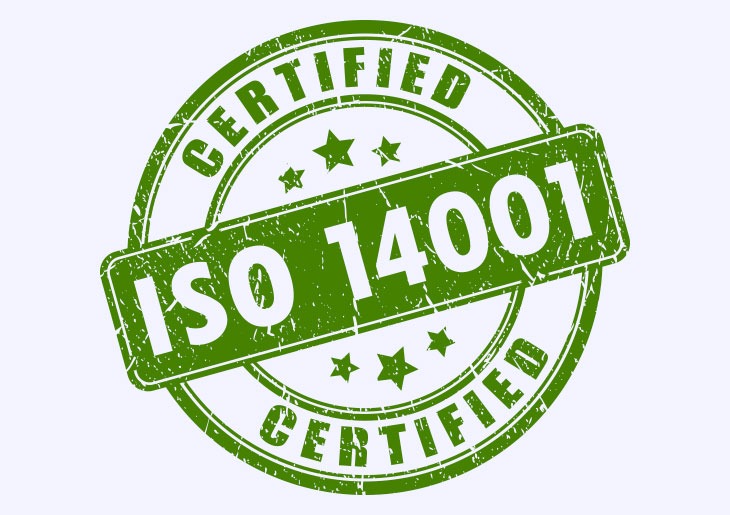The international certificate ISO 14001 is in demand by a huge number of companies around the world. The introduction of environmental standards is also popular in the UK today.
The issuance of the certificate will be relevant:
- for companies producing various types of products;
- large chemical, petrochemical, industrial, food, and other plants;
- different size factories;
- organizations specializing in waste collection, storage, and processing;
- companies that use chemical raw materials in their work in one form or another;
- legal entities planning to enter international markets, concluding agreements with foreign partners;
- Companies participating in state tenders.
BENEFITS OF IMPLEMENTING THE ENVIRONMENTAL STANDARD ISO 14001-2016 AND OBTAINING A CERTIFICATE
An environmental management system should be at the core of your company’s work – this allows you to guarantee its stable development and reach a new economic level.
An effective EMS that complies with ISO 14001 provides:
- Significant reduction in energy costs.
- Reducing the overall volume of waste.
- Active productivity growth.
- Expand business relationships by demonstrating compliance with standards.
- Increased trust on the part of your actual and potential clients, partners, investors, and shareholders.
- Preparing businesses for possible changes in the business environment.
KEY REQUIREMENTS OF ISO 14001
- Implementation of a strict environmental policy in the internal aspects of the enterprise’s economic activities would prevent negative impacts on the environment.
- Regular planning of events that take into account the environmental aspect.
- Continuous analysis of environmental performance.
- Assessment of environmental protection requirements prescribed in legislation, as well as in international regulations.
- Constant introduction and use of technologies that qualitatively improve the environmental friendliness and safety of production.
- Training personnel in environmental issues, and hiring contractors with a sufficient level of competence.
- Preparedness for possible force majeure and emergencies.
- Prompt response to accidents that can harm the environment.
- Audit of performance results, identification of new directions for improving the environmental management system
CONCEPTUAL DIFFERENCE OF THE NEW VERSION OF ISO 14001
If the 2007 version of the environmental standard contains only recommendations for improving the environmental management system, then in the new 2015 standard one can see that without the regular implementation of programs that positively affect the growth of the quality of the environmental management system, it is difficult to talk about obtaining the appropriate certificate.
In addition, the new version contains:
- Mandatory requirements for companies to fully describe the criteria confirming the compliance of the management system with the requirements of the environmental standard.
- Regulations for the preparation of reports on the active and effective use of data necessary to increase the positive impact of the company’s economic activities on the environment.
- Requirements for demonstrating effective management of risks and opportunities of the implemented EMS in the company.
- Modeling company priorities to create specific environmental value at each stage of the product life cycle.
- Increasing the range of powers of managers for effective implementation and functioning of the EMS.
The modern environmental standard is globalized. The requirements contained in ISO 14001 certification allow holders of the corresponding certificate to demonstrate constructive and competent interaction between the company and the environment.





